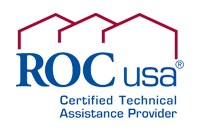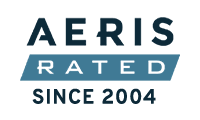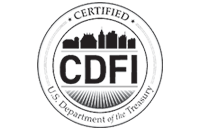
A stable board is one sign of a strong community
By ROC-NH staff
Board stability is everyone’s business in a ROC. A stable board of directors can help keep the co-op running smoothly and harmoniously, and help create long-term security for you and your home.
The importance to your resident-owned community of having a stable governing body cannot be overstated.
Board stability is everyone’s business in a ROC. A stable board of directors can help keep the co-op running smoothly and harmoniously, and help create long-term security for you and your home.
So how about your co-op’s board? Would you describe it as stable? The more “no” answers apply to the questions below, the less stable your board is likely to be:
- Do your directors serve their full two-year terms (or whatever terms your bylaws allow)?
- Do your directors rotate positions, as your bylaws say they should? Most bylaws require rotation so that a ROC is not electing an entire board at once, which is often a sign of instability.
- Do outgoing directors properly share information with their successors?
- Are orientations conducted to get new board members up to speed quickly?
- Does your co-op have a system or committee that actively recruits future directors?
- Does your ROC use committees to groom potential board members?
- Is there adequate member involvement to develop a pool of board candidates?
So what does a stable board of directors look like? A stable board contains the following qualities:
- Commitment: It’s a two-year term, and it may not always be easy, so it takes commitment—to fellow board members, to the co-op’s health, rules and polities. Directors must commit to working through differences of opinion with other board members. A co-op is a democracy and the majority carries the vote; if your side gets outvoted on an issue, get over it and move on.
- Communication: Consistent and open communication among and between the board and members goes a long way to keeping things running smoothly and with less stress for all involved. The less stress, the more likely it is that board members serve their full terms.
- Member involvement is a priority: Develop and empower committees to get stuff done in the community. People like to contribute, and they like to be recognized for their contributions. Do everything possible to create a culture of mutual benefit for boards and members, and celebrate volunteers!
- Ability to work together: Too often, there is conflict between the board and co-op members. This burns out the board and alienates the members. Seek common ground and work at working together. Success at working together strengthens community.
- Ability to plan ahead: Use the committee structure to engage people in the governance and management of the community, and groom candidates to serve on the board.
If you are a ROC board member, ask yourself what you can do to help your board function more effectively as a team. And if you are a ROC member, ask the board what you can do to help. Small, but meaningful, steps can greatly improve the culture in your community, and the stability of your board.
ROC-NH™ is a program of the New Hampshire Community Loan Fund, Inc. and a ROC USA® Certified Technical Assistance Provider.
ROC-NH is a registered service mark of ROC USA, LLC.















